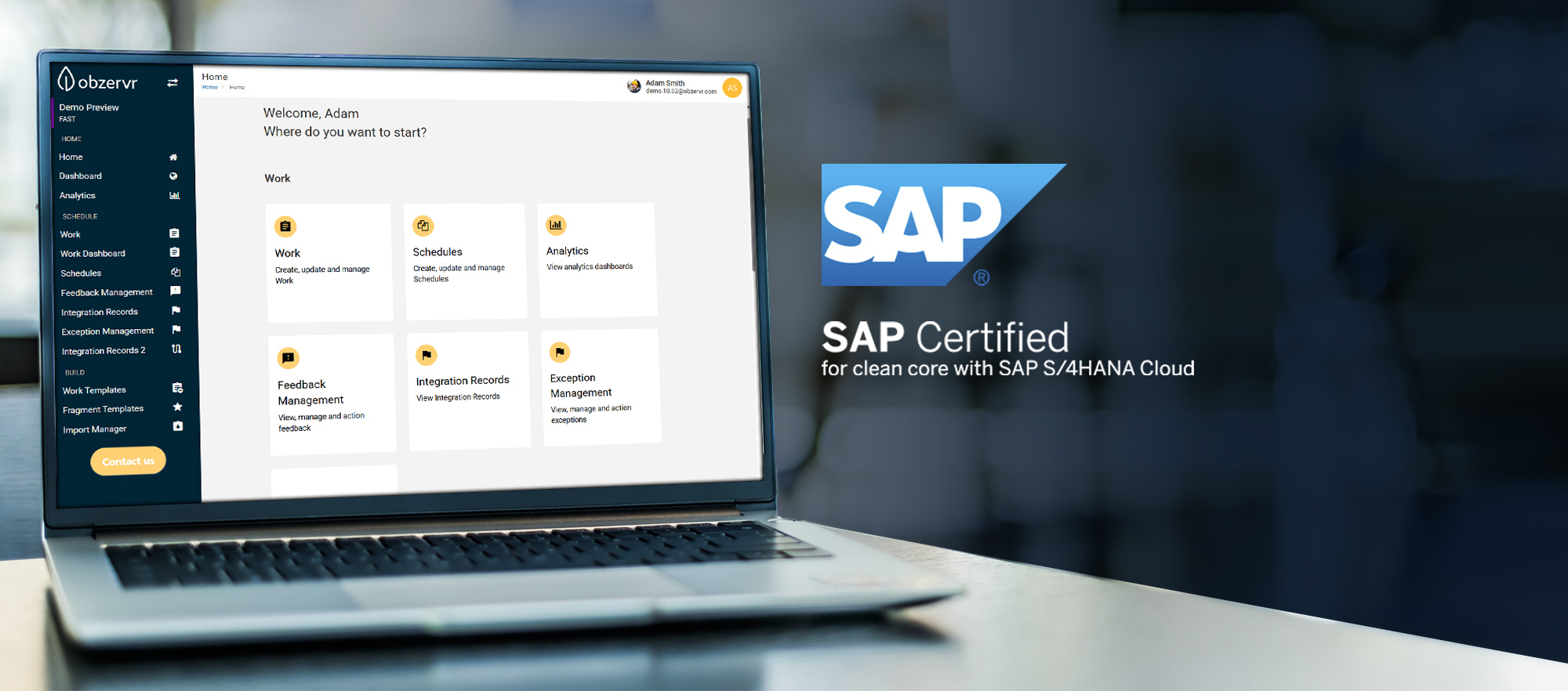Software
The Strategic Advantage of Partnering with a SAAS Software Development Company

%20(1).png)
At a glance:
Companies specializing in creating software solutions possess a unique set of skills, resources, and experiences that provide them with a distinctive value proposition, including the ability to offer cutting-edge technologies, proven track records, and end-to-end solutions tailored to specific business needs.
These attributes often make them more suited for software project implementation than companies whose core business lies outside of software development. Here are some key aspects of their expertise and why, for these reasons, it might not make long-term financial sense for non-software companies to develop their software in-house:
Specialized Knowledge and Skills
Depth of Expertise
The deep understanding of programming languages, frameworks, and technologies enables software companies to create more efficient, scalable, and secure applications, leading to higher overall quality. This expertise allows for selection of the most suitable tools for specific project requirements, considering factors such as scalability, performance, and maintenance.
Latest Trends and Technologies
Staying updated with the latest technologies and frameworks enables teams to leverage emerging technologies, agile methodologies, and robust testing and quality assurance processes. Modern software development frameworks provide components and tools to simplify and expedite the development process. These frameworks reduce coding time, improve security, and increasing developer productivity.
Experience and Best Practices
Proven Methodologies
Software companies have refined their development methodologies, such as Agile and Scrum, to deliver projects efficiently and effectively. These methodologies are designed to manage projects well, minimize risks, and handle changing requirements. Specialized software teams also create hybrid development methodologies by combining the elements of each method that work best for their specific and project needs.
Adhering to a software development methodology helps ensure high-quality end products that meet the needs of stakeholders and end-users. It also improves collaboration and communication between team members, ultimately enhancing efficiency and project management.
Industry Standards Compliance
Industry standards compliance in software development is crucial for ensuring that the developed software meets legal and security requirements. This involves adhering to specific industry standards and regulations, such as ISO 27001. Compliance can be improved through documentation, security testing, and risk-based approaches. It is essential for protecting consumers from various harms, such as including identity. By following standards and compliance guidelines, software organizations deliver better software to their customers, and help them achieve their business objectives.
Scalability and Flexibility
Resource Allocation
Software companies can scale teams up or down quicker based on project needs, providing flexibility that in-house teams might lack. Such companies often use strategies for flexible resource allocation and resource management software to optimize team productivity and efficiency.
Diverse Talent Pool
The expertise and roles available in software companies such as UX/UI designers and data scientists can be hard to replicate in non-software specialized businesses where it is harder to justify long-term commitment required for in-house hires.
Risk Management
Project Management Expertise
Experienced in managing risks and bottlenecks that can arise during the development process, software companies are better equipped to mitigate potential issues.
Some common examples of these issues include poor quality code, budget risks, or security risks. By specifically identifying and addressing these risks, software companies effectively manage the software delivery process and improve the overall success of their projects.
Quality Assurance
With dedicated QA teams, software development companies ensure the delivery of high-quality products, reducing the risk of costly errors or rework after deployment.
The QA testing process usually involves comprehensive testing facilities, manual testing, backward compatibility testing, and post-release sanity tests on the production environment. QA teams often break away from conventional roles and obligations by actively participating in design discussions and directly engaging with stakeholders to ensure that the end product aligns with the overall vision.
Cost Efficiency
Predictable Budgeting
Predictable budgeting when buying a SaaS (Software as a Service) product can be more cost-effective than in-house development. SaaS solutions typically operate on a subscription-based pricing model, simplifying budgeting and eliminating the need for large upfront capital expenditures. This predictable pricing structure allows for accurate financial planning and resource allocation, avoiding hidden costs associated with in-house development, such as recruitment, training, and technology upgrades.
Economies of Scale
Unlike individual companies developing software in-house, SaaS companies can spread the fixed costs across a larger customer base, reducing the cost per customer and benefiting from economies of scale. These costs typically include application hosting, data communication, software license fees, and website development and support costs, among others.
This allows SaaS companies to achieve greater cost efficiency and scalability in their operations compared to traditional software development approaches.
Conclusion
For businesses whose primary focus is not software development, the decision to build software in-house can divert essential resources and attention from core activities. The expertise, efficiency, and scalability offered by specialized software companies present a compelling value proposition. These firms are equipped to handle the complexities of software development, from initial concept through to deployment and maintenance, enabling their clients to focus on their primary business objectives while still benefiting from high-quality, innovative software solutions.
%20(1).png)
.png)





